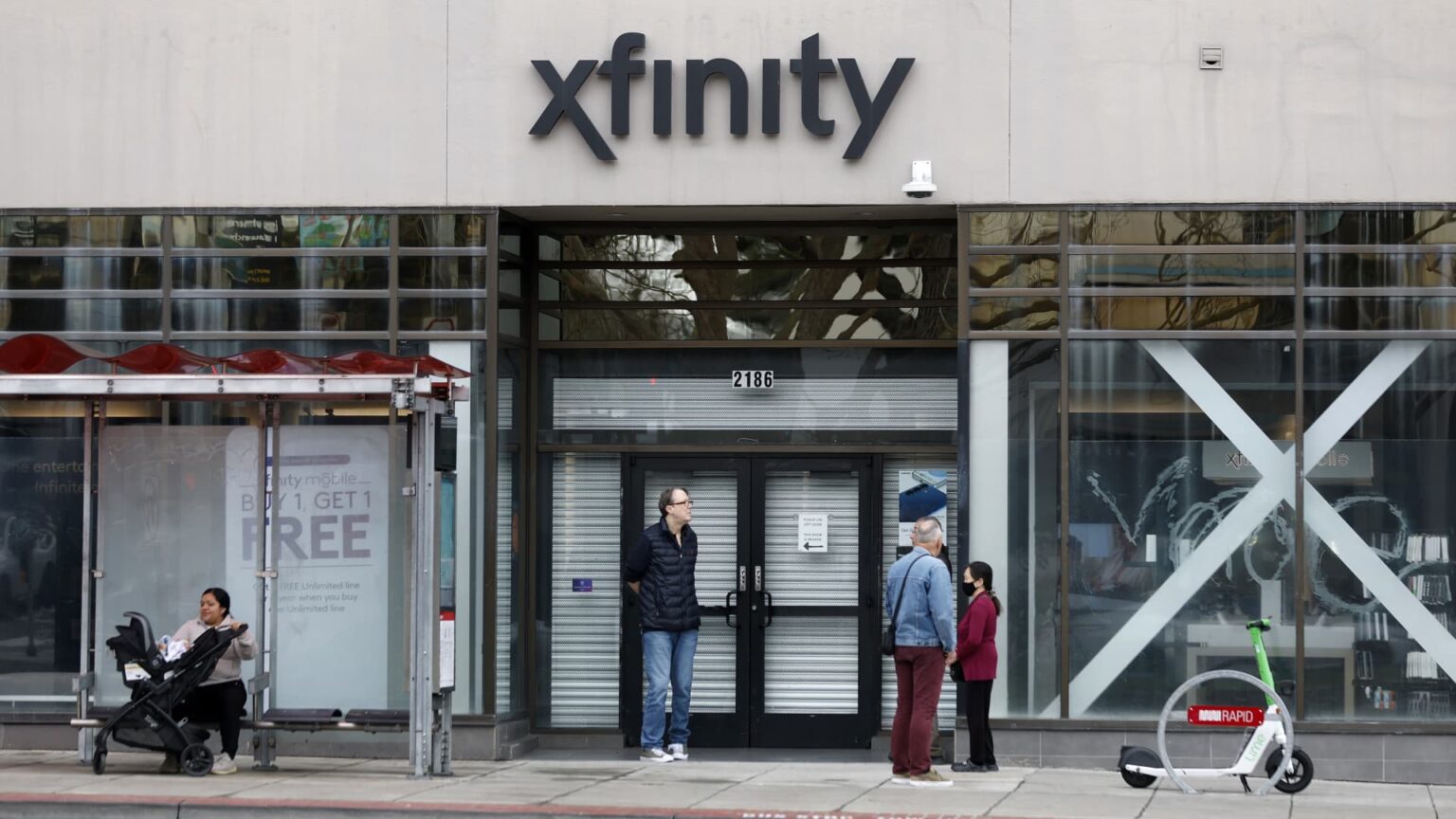Comcast’s Strategy Shift Amidst Competitive Pressures
In recent developments, Comcast has announced significant changes to its broadband strategy in response to ongoing customer losses attributed to increased competition in the market. This update was revealed during the company’s first-quarter earnings call held on a Thursday.
Financial Performance Overview
Comcast’s earnings exceeded analysts’ projections, even as the company reported a decline in broadband subscribers. Here’s a snapshot of their financial performance for the quarter ended March 31, 2025:
- Earnings per share: $1.09 (adjusted), outperforming the anticipated 98 cents.
- Revenue: $29.89 billion, exceeding the $29.77 billion forecast.
Despite a 1.7% increase in domestic broadband revenue to $6.56 billion, Comcast experienced a loss of 199,000 broadband customers, highlighting challenges in maintaining its subscriber base as competition ramps up from alternative internet sources.
Response to Competition
Mike Cavanagh, Comcast’s President, acknowledged the difficulties the company faces in a competitive landscape, stating, “In this intensely competitive environment we are not winning the marketplace in a way that is commensurate with the strengths of our network and connectivity.”
Executives fielded numerous inquiries from analysts regarding how Comcast plans to adjust its Xfinity broadband and mobile services. Cavanagh pinpointed two primary obstacles: the need for price transparency and the overall ease of doing business with Comcast.
Pivotal Shift Towards Mobile
During the previous earnings call, the company laid out intentions to pivot focus toward its mobile sector following ongoing broadband downturns. Comcast’s mobile division, although relatively new, showed promising growth, with revenues increasing nearly 16% to $1.12 billion and the addition of 323,000 new mobile lines—bringing the total to approximately 8.15 million.
CEO Brian Roberts emphasized the urgency within the company, stating, “The team has a sense of urgency, energy and focus to getting customer pain points resolved.” He reiterated the commitment to operational excellence, indicating that while initial adjustments may be slow, effective execution will improve outcomes over time.
Market Conditions and Strategic Adjustments
Comcast’s CFO, Jason Armstrong, underlined the company’s strong position to make tough decisions needed to navigate the heightened competition. Historically, broadband has been a growth engine for cable companies, but Comcast’s recent reports indicate a decline in cable TV customers, with a loss of 427,000 during the first quarter.
The rise of fixed wireless internet, primarily from companies like Verizon and T-Mobile, alongside the expansion of fiber internet options, has intensified competition in the broadband sector. This shift has led to the first quarterly losses in broadband growth for companies like Comcast and Charter in 2022.
Looking Ahead
In response to the evolving landscape, Comcast’s efforts will include new pricing strategies and enhancements to customer service. Recent initiatives, such as offering a free mobile line for the first year, have already yielded positive responses.
Despite facing a declining broadband customer base, Comcast continues to demonstrate growth in average revenue per user (ARPU). Executives remain optimistic about this metric, with plans for tactical investments aimed at addressing customer needs without significantly impacting financial growth.
Comcast’s Broader Business Landscape
For Q1 of 2025, Comcast’s net income decreased by 12.5%, reporting $3.38 billion, or 89 cents per share. Adjusted earnings before interest, taxes, depreciation, and amortization (EBITDA) rose nearly 2% to $9.53 billion, with total revenue slightly down to $29.89 billion from $30.06 billion the previous year. Growth was supported by what the company categorizes as its “growth businesses,” including mobile, its streaming service Peacock, and theme parks.
The media segment reported a one percent increase in revenue to $6.44 billion, with film studio revenue rising three percent to $2.83 billion. Notably, Peacock achieved substantial success, boasting 41 million paid subscribers and narrowing its quarterly loss significantly compared to prior periods.
Anticipating Future Developments
Comcast is poised to open its highly anticipated Epic Universe theme park in Orlando on May 22, 2025, which is expected to be a significant draw following a period of lower guest attendance due to the Los Angeles wildfires. This park represents the company’s ambitious strategy to innovate and enhance customer experiences across its portfolio.
As Comcast adapts to the challenges of the current market, its ongoing adjustments in strategy will play a crucial role in determining its performance in both the broadband and mobile sectors.
Disclosure: Comcast owns NBCUniversal, the parent company of CNBC.
